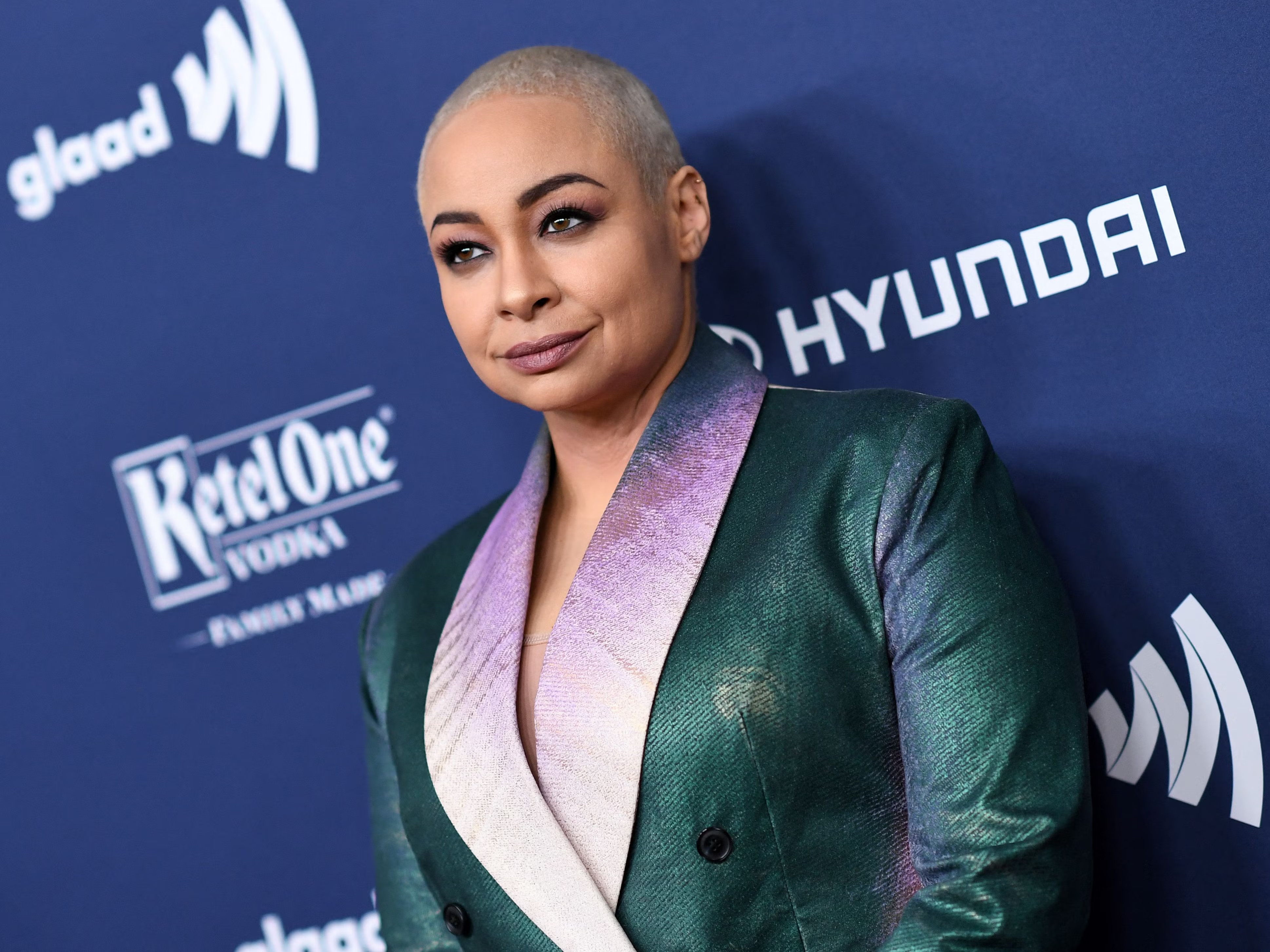
Raven-Symoné, the acclaimed actress, singer, and television personality, recently made headlines when she opened up about her identity in a candid conversation with Oprah Winfrey. During the interview, Raven-Symoné expressed that she does not identify herself as African American, sparking widespread discussion and reflection on the complexities of racial identity in America.
The conversation took place on Oprah Winfrey’s talk show, where Raven-Symoné discussed various aspects of her life and career. However, it was her remarks about her racial identity that garnered significant attention and prompted a deeper examination of the concept of race.
Raven-Symoné, who gained fame as a child star on “The Cosby Show” and later starred in Disney Channel’s “That’s So Raven,” shared her perspective on racial labels and how they don’t fully capture her identity. She expressed that she prefers to identify herself simply as “American” rather than being categorized by her race.
Her statement sparked a mix of reactions from the public, with some applauding her for challenging traditional notions of racial identity and advocating for self-definition. Others, however, criticized her remarks, arguing that they overlooked the historical and cultural significance of racial identity, particularly for marginalized communities.
Raven-Symoné’s comments also reignited discussions about the complexities of racial identity in America. The country’s long history of racial categorization and discrimination has led to diverse experiences and perspectives among its citizens, making it challenging to neatly fit everyone into predefined racial categories.
Furthermore, her remarks shed light on the fluidity and subjectivity of identity, highlighting how individuals may choose to define themselves based on their personal experiences, cultural upbringing, and sense of belonging.
In the aftermath of the interview, Raven-Symoné faced both support and backlash from various quarters. However, her willingness to share her perspective sparked important conversations about race, identity, and representation in American society.
Ultimately, Raven-Symoné’s reflection on her identity serves as a reminder of the ongoing complexities surrounding race and the importance of respecting individuals’ autonomy in defining themselves. Her story prompts us to reexamine our understanding of identity and encourages us to embrace diversity and inclusivity in all its forms.




